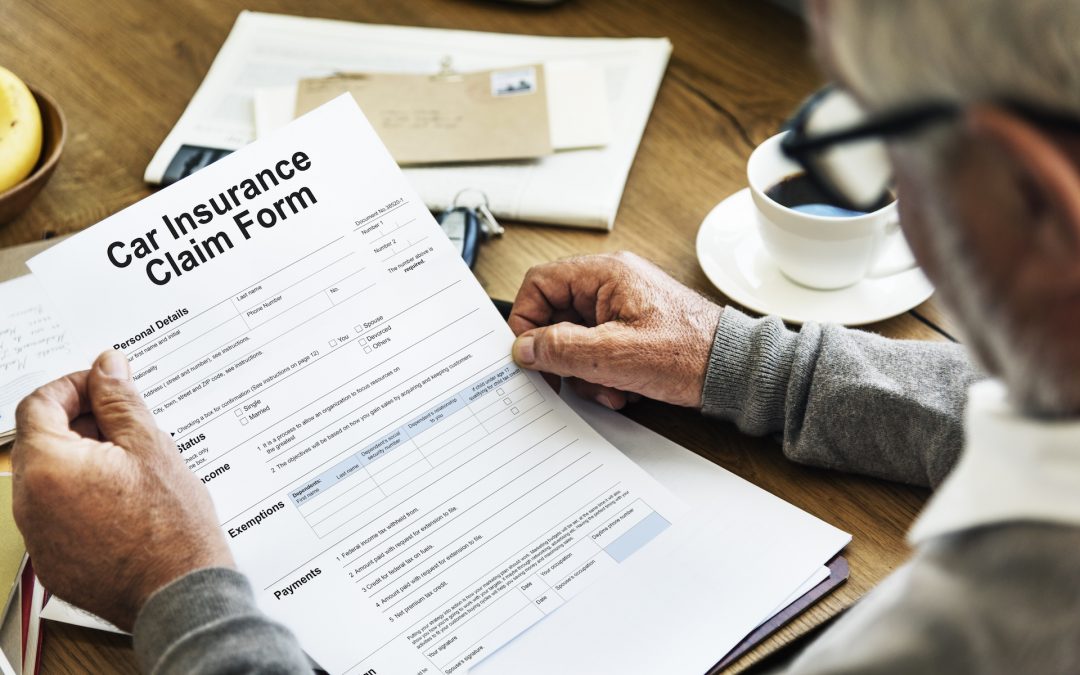The Insurance landscape is rapidly changing and that doesn’t seem to be stopping any time soon. With the new government administration beginning soon, major changes are expected to take place. With complicated laws and procedures, how do you know if you have a legal case for an insurance dispute? There are several reasons you might feel you have an insurance dispute case. Having dealt with multiple insurance dispute cases, we want to do our best to prepare you for the legal process of making a case for insurance disputes. Below are the major reasons clients come to us with an insurance dispute case.
1. “My insurance company has unreasonably denied my claim.”
This is the most common reason for an insurance dispute, which is part of the reason they are called “disputes”. You believe your claim was valid while your insurance company does not. Companies typically deny a claim due to lack of coverage or non-payment, so if you believe your claim was unreasonably denied because you were covered and paid, then you may have an insurance dispute case.
2. “My insurance company told me I was covered for _____ when I wasn’t.”
If your claim was denied because you were not covered for the event causing the claim, but your policy states otherwise, you might have an insurance dispute case. Companies cannot misrepresent your policy. If you believe you were covered under your original policy, but that policy has been changed without your knowledge, you might have an insurance dispute case. When insurance companies change your policy, they must notify you in writing of the change.
3. “My insurance company is stalling or taking too long to process my claim.”
Insurance companies must process your claims in a timely manner. Forcing you to fill out unnecessary amounts of paperwork in order to lengthen the time they have to process a claim might allow you to collect amounts beyond your original claim.
If after reading these reasons you still believe you have a claim, please follow the following process:

